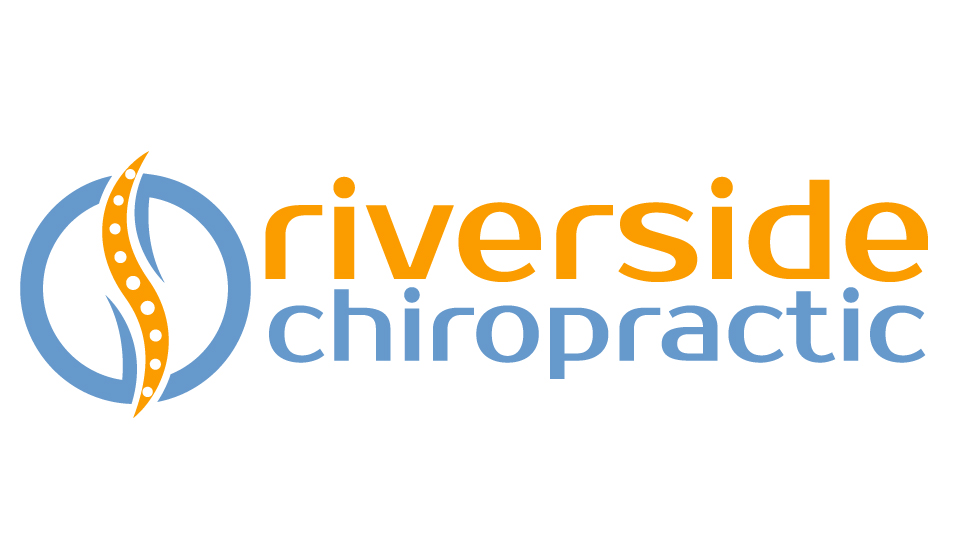Milk
/We have all heard that drinking milk helps to reduce the risk of a fracture however there isn’t any solid research to prove this. Researchers are leaning towards eating a healthy diet and lots of weight bearing exercise to improve your bone health instead. Particularly eating tofu, beans and greens as they contain lots of calcium. 1 Drinking 3 or more glasses of milk per day can increase your risk of a fracture. It causes oxidative stress and inflammation, which basically means this causes damage to our cells. 2
What about organic milk? It contains twice as much omega 3 as non-organic milk but the levels are still really low relative to other sources. The reason for the extra omega 3 is organic cows are allowed out to eat more grass. Organic milk contains less iodine as the cows don't get it in supplement form. Iodine is extremely important for pregnant women. Some good news though, cows in Australia aren't allowed to be given growth hormones. It is unclear at this stage whether growth hormones from external sources may promote cancer growth so best to avoid it. 3
Other dairy products, cheese and yoghurt, promoted lower fracture rates. This is due to the fermentation process however they don’t fully understand why, it's possibly due to the reduction in lactose during the process. 1
Why not choose soy milk? It often comes pre-sweetened, so choose the unsweetened ones and per 100 grams only contributes 2% to your daily calcium intake whereas cow’s milk contains 12%. People often drink it due to its cholesterol lowering benefits, however, it only offers a 3% reduction in LDL or harmful cholesterol. The proclaimed phytoestrogenic effect to help reduce the risk of breast and prostate cancer isn't scientifically backed yet and a small number of studies say it may increase the risk of breast cancer. 4
1. New Scientist 11/3/17
2. http://www.bmj.com/content/349/bmj.g6015?etoc=
3. https://www.newscientist.com/article/dn27898-so-many-milks-but-do-their-health-claims-really-stack-up/
4. https://www.hsph.harvard.edu/nutritionsource/2014/02/12/straight-talk-about-soy/


